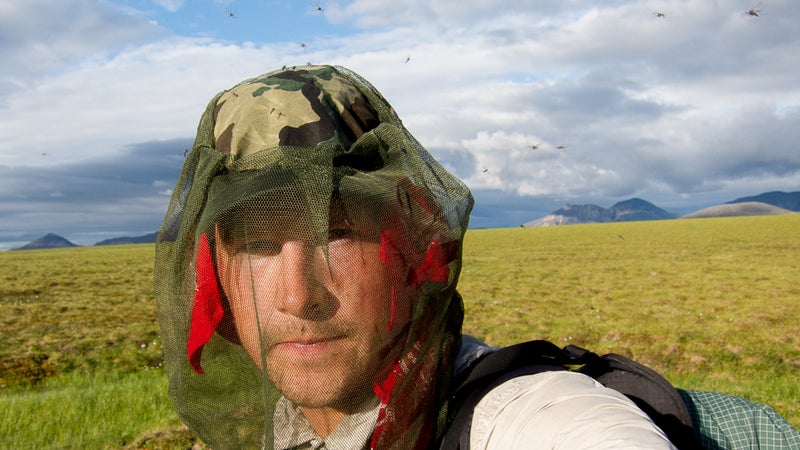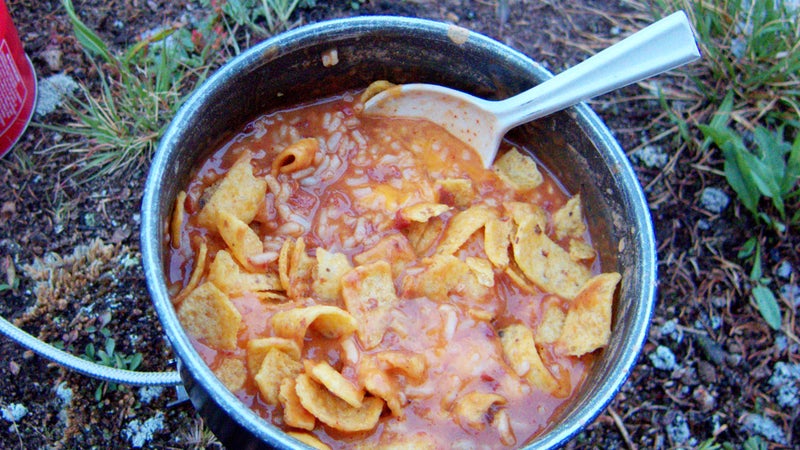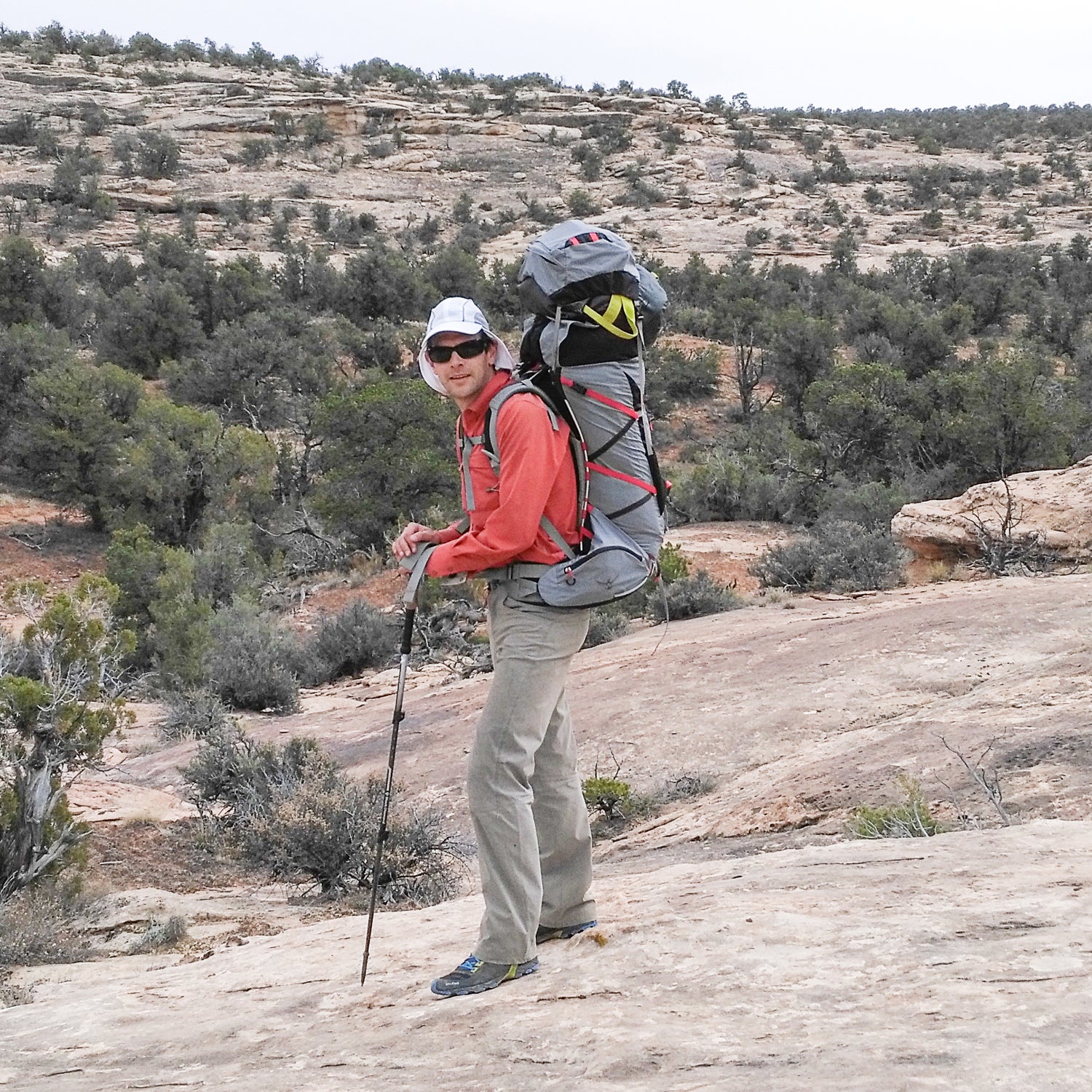In a recent podcast interview, I was asked, “What advice or tips do you have for beginner backpackers?” You can imagine the difficulty of encapsulating nearly 20 years of experience into a sound bite, so instead I resorted to five process-oriented questions that steer new backpackers in the right direction.
1. What backpacking style appeals to you most?
Backpacking consists of two distinct activities: hiking and camping. On some trips, I hike all day and camp only long enough so that I’m recharged for another long day of hiking. On other trips, I spend most of my time in and around camp so that I can fish, take photos, journal, nap, and eat like a king. Occasionally, it’s an even mix of these two activities. There’s no right way to backpack, but there is a right way to prepare for trips with different objectives.
On most of my trips, a pack as large and heavy as the one I’m carrying in the photo above would be a showstopper. But for a relaxed overnight with my wife, it was perfect.
2. What are the conditions you will likely encounter?
To prepare properly for your trip, you must know the temperatures, precipitation, ground cover, vegetation, sun exposure, water availability, biting insects, problematic wildlife, and natural hazards (e.g., river fords, lightning, remoteness) that you will likely encounter. By knowing exactly what you’re up against—which you can do by looking at climate data, reading trip reports, looking at photos, and calling backcountry rangers—you can pack purposely and avoid filling your pack with items justified on the grounds of “what if” or “just in case.”

3. What clothing and equipment is best for you?
Your gear should be appropriate for your trip objective (see question one) and the conditions (question two). If your itinerary includes moderate or intense hiking, you must be comfortable on the trail, which means having a lightweight kit. If you plan to camp more, you can afford to carry more camp comforts.
A high-quality backpacking kit will cost about as much as a nice bicycle, between $2,000 and $4,000. To avoid spending more than necessary, buy the right stuff the first time by getting advice from , , and books (including my own, ,��which I’ll buy back from you if it doesn’t pay for itself many times over). Sales associates at your local outdoor retail store can also be helpful, but I feel like some still backpack like it’s 1980.
4. How much and what types of food should you carry?
Last year I wrote an in-depth article about backpacking food, so I’ll just summarize it here. Most backpackers need about 2,250 to 2,750 calories per day, which equates to 18 to 22 ounces of food, assuming a caloric density of 125 calories per ounce. (For context, a pure carbohydrate has 100 calories per ounce,��a pure fat, 240 calories per ounce.) This is a time-tested estimate, based on having guided nearly 500 clients over the past eight years.
Food is highly personal, so I’m wary of making specific recommendations. In general, foods that require chewing and that are less easily digestible seem to work better than sugary gels, mixes, and candies. For dinners, try my world-famous beans and rice �ǰ���peanut noodles.

5. What backcountry skills do you need or need to develop?
The difference between a beginner and an expert backpacker is not necessarily what each carries on their backs; rather, it’s the knowledge they have between their ears. Expert backpackers can navigate on- and off-trail, care for battered feet, start campfires in the least favorable conditions, find better campsites, effectively protect their food from bears and rodents, and more. If you do not yet have these skills, study up before you go by reading tutorials and watching how-to videos, so that doing things in the field is less foreign.


